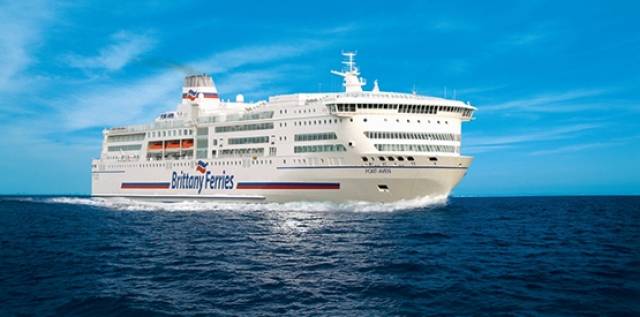Building on a highly successful sailing season in 2015, Brittany Ferries has reported a 19% increase in the number of early bookings compared to the corresponding period last year. The ferry operator, which begins its new season on 02 April has weekly sailings from Cork to Roscoff every Saturday and return sailings departing from Roscoff every Friday until 04 November 2016.
Last year, Brittany Ferries carried an additional 5,000 passengers on its seasonal service from Cork to Roscoff with a total of 84,000 passengers being transported, compared to just under 79,000 the previous year. Over half of passengers (55%) were French, highlighting the contribution that Brittany Ferries is making to Irish tourism and the economy.
Commenting on the 2016 season, Hugh Bruton said, “We have experienced strong passenger growth over the last few years and, based on the significant increase in early bookings, it looks set to continue in 2016. The fact that France is hosting the Euro 2016 tournament has obviously led to an increase in sports fans travelling to cheer on Ireland but there is also a large portion of holidaymakers looking to take advantage of the sandy beaches, glorious countryside, fine food and drink and fascinating heritage sites. We’ve also witnessed an increasing number of French passengers, proving that Ireland remains an exceptionally popular destination for tourists. We are delighted to report that bookings are strong to date and look forward to welcoming passengers on board the Pont-Aven this season.”
The Pont-Aven continues to offer the fastest direct ferry crossing from Ireland to France, taking just 14 hours and operating to a convenient weekend schedule.


























































